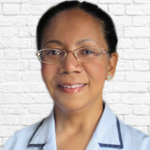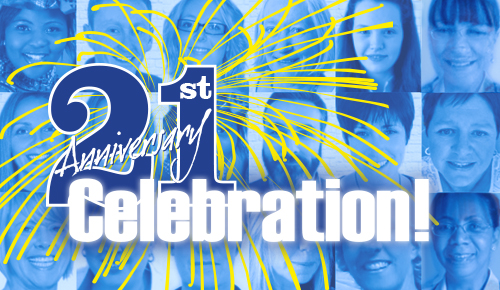Marie Groves works as a band 4 physiotherapy assistant practitioner at the Windsor Intermediate Care Unit in Milton Keynes.

What career aspirations did you have for when you left school? Did you know what you wanted to do?
I had no direct career aspirations when I left school but I gained an apprenticeship job with a large retail company in the Bought Ledger Department and worked in various departments within the corporate office. Eventually I progressed to their Central London head office. I also got married and had two children. After many years of working for the same company I decided that I really wanted a change of career and took the plunge into the fitness industry.
I believed the fitness industry would suit me as I enjoy encouraging people to understand how a healthy lifestyle could make a difference to their life, whilst also enabling me to learn about the human body. I started by becoming a Rosemary Conley fitness instructor which I greatly enjoyed. In the meantime, I was taking evening courses and I successfully completed my assessments becoming fully qualified to practice sports massage, Swedish massage, gym instructor and personal training.
Two years later I saw a job advert for the role of a physiotherapy assistant at my local hospital. To my surprise and great pleasure I was successful in the interview and I was offered the position of a band 2 physiotherapy assistant. I have now been working for the NHS for the last six years, doing something I really love.
What have been your most enjoyable experiences in your career?
A patient came into my place of work initially in a wheelchair, unable to walk at all and diagnosed with Guillain-Barré Syndrome. After a lot of work the patient was discharged home walking out with a rollator frame, and within a further few months the patient came back to visit us walking independently with no walking aid at all. This was a very emotional because the patient hugged me and said thanks personally to me and the team and told me how much the encouragement I had given her had helped greatly during a very difficult time in her life. This was so lovely to hear and reminded me of why I love doing my job as a physiotherapist assistant.
What have been your biggest surprises in your career so far?
The biggest surprise was when the unit manager within my workplace agreed that I could enrol to complete my two-year foundation degree in Health and Social Care at the University of Northampton. I found this two year journey very difficult as I was working full-time and I struggled to balance my home, work and student life.
However, the help and support I received from all the members of staff at my place of work was outstanding. I believe that the successful completion of the foundation degree has enhanced and developed the way that I work with a multidisciplinary team in providing the best care and treatment for all our patients. As a result I can say now that I understand the importance of evidence-based practice, psychosocial model and accountability in physiotherapy practice.
Do you have any funny stories to share with us?
Most of my funny stories revolve around singing with patients during their treatment One particular patient I worked with struggled with a frozen gait whilst mobilising caused by their Parkinsons’ disease. After reading an article about Parkinson’s disease in Frontline magazine I found out that sometimes patients suffering from Parkinson’s mobilise better if walking to a rhythm.
I knew the patient had been in the army many years before. When next mobilising him I burst into the old song 'Soldier, Soldier Won't You Marry Me?' with its clear marching rhythm. This seemed to work really well with the patient’s mobility and increased his and my mood every morning. He liked to join in, and we would both march around the unit giving it our all. I’m not sure if the rest of the staff and patients were quite as happy, as my patient was no opera singer and I’m tone deaf.
If you could give one message to your peers from what you have learnt in your career, what would it be?
My message to my peers would be to have a positive attitude towards CPD. It will help to provide high-quality service to patients and it will improve employee satisfaction. CPD isn’t always about external courses. These are important but CPD can also be delivered relatively cost-neutrally if everybody in a team contributes.
In addition, it is really crucial to have the support of managers. One must use their interpersonal skills to influence the CPD stakeholders in order to meet the ever-changing needs of the patients.
- Read more stories from the Associates 21st anniversary celebration




































